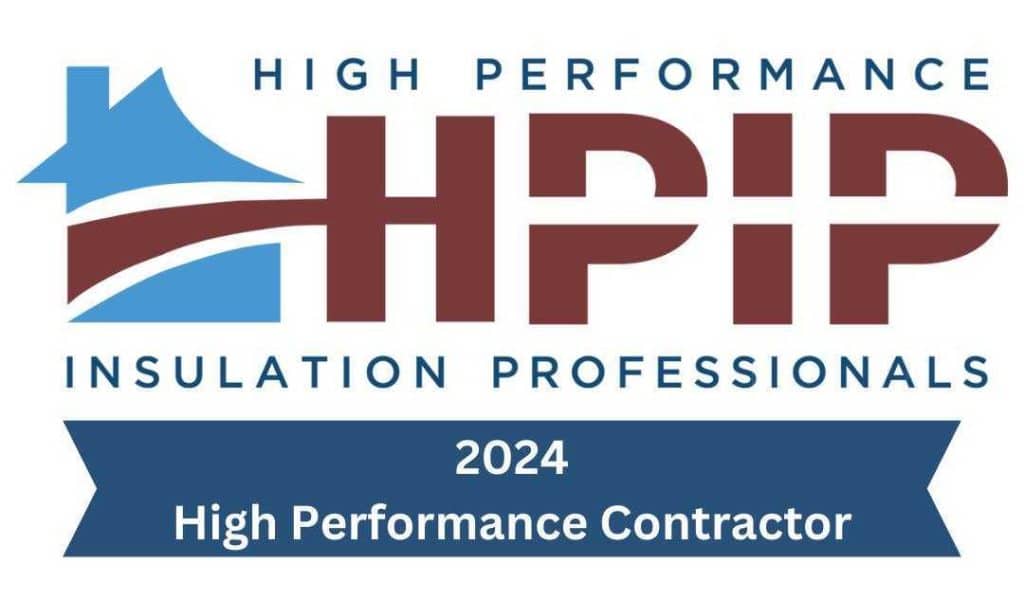At Makeover Insulation, we talk with Cumming homeowners every day who are facing the same challenge: rising energy costs and new energy efficiency standards that feel confusing or out of reach. The 2025 Georgia energy code updates aren’t just regulations they’re reshaping how homes need to perform. And it’s clear: what worked ten years ago won’t cut it anymore.
That’s where spray foam insulation makes a real difference. In this guide, we’re laying out exactly how this insulation method helps homeowners meet the upcoming standards without guesswork, stress, or compromise. If you’re planning a home build, remodel, or just want to protect your utility bills from spiking, this is for you.
We’ll cover what the new codes demand, why traditional insulation often falls short, and how spray foam closes the gap. With clear insights, real-world applications, and expert perspective from the team at Makeover Insulation, you’ll walk away knowing exactly how to move forward.
Why 2025 Energy Standards Matter for Homeowners in Cumming
The 2025 updates to Georgia’s energy code are putting a spotlight on insulation, air leakage, and building performance. These aren’t just minor tweaks they’re a shift toward better-sealed homes, tighter building envelopes, and higher expectations for thermal efficiency.
New Code Requirements Are Tighter and Stricter on Air Leakage
Homes in Cumming will now need to meet tougher blower door test thresholds, with an emphasis on reducing air infiltration. This means the hidden gaps, cracks, and weak points in insulation matter more than ever. Spray foam is one of the only materials that provides both insulation and air sealing in one step something fiberglass and cellulose can’t offer on their own.
Poor Insulation Can Lead to Failing Inspections and Higher Costs
Failing a blower door test or falling short of R-value requirements isn’t just inconvenient. It can delay your build, cost you more in rework, and create long-term energy waste. We’ve seen it happen. Spray foam reduces that risk by providing consistent thermal performance and creating a continuous barrier that helps your home pass inspections the first time.
Spray Foam’s Role in Meeting and Beating 2025 Energy Goals
At Makeover Insulation, we install spray foam that outperforms traditional materials in both real-world performance and measurable compliance. Whether you’re aiming to meet the new standards or exceed them, spray foam gives you the edge.
Consistent R-Value That Doesn’t Settle or Shift Over Time
Unlike batt insulation, spray foam adheres directly to surfaces, filling cavities completely and staying in place for decades. You don’t have to worry about it sagging or shifting, which means your insulation performance stays stable over time. That reliability is a major asset when long-term efficiency matters more than ever.
Built-In Air Sealing That Supports Blower Door Success
One of the most overlooked benefits of spray foam is its air-sealing capability. It expands to fill cracks, gaps, and penetrations—creating a continuous air barrier. That means fewer drafts, better indoor air quality, and a serious advantage when it comes time for that blower door test. Builders and homeowners working with Makeover Insulation often report passing tests with ease thanks to the tight envelope spray foam creates.
Making Smart Choices: Open-Cell vs. Closed-Cell Foam
Understanding your spray foam options helps you make the right call for your project. At Makeover Insulation, we help clients choose between open-cell and closed-cell foam based on budget, goals, and application.
Open-Cell: Flexible, Cost-Effective, and Great for Sound Damping
Open-cell foam is a great option for interior walls or attics where moisture isn’t a concern. It provides excellent coverage, helps with sound control, and is more affordable than closed-cell. It still delivers solid thermal performance that helps meet the energy code—but it shines when used strategically.
Closed-Cell: Maximum R-Value Per Inch and Added Moisture Barrier
Closed-cell foam delivers a higher R-value per inch and adds structural strength to your walls or roof deck. It also acts as a vapor barrier, making it ideal for crawl spaces, basements, and exterior walls. If your priority is the tightest, most energy-efficient home possible, this is the go-to.
Spray Foam Isn’t Just for New Homes Retrofits Can Qualify Too
Think spray foam is only for new builds? Think again. We work with plenty of homeowners upgrading existing homes to meet the new standards and cut energy waste.
Upgrade Attics and Crawl Spaces Without Major Renovation
You don’t have to gut your home to get the benefits of spray foam. By targeting key areas like attics, rim joists, and crawl spaces, we dramatically improve performance. That means lower energy bills and a home that’s closer to 2025 compliance without full-scale construction.
Improve Comfort, Reduce Drafts, and Raise Resale Value
Retrofitting with spray foam isn’t just about passing code. It’s about real-world improvements you can feel every day. Quieter rooms, fewer temperature swings, and lower monthly bills are all outcomes our clients experience. And when it comes time to sell, buyers are increasingly looking for energy-efficient homes with verifiable insulation upgrades.
Your Path to a More Efficient Home Starts Here
Meeting the 2025 energy standards in Cumming doesn’t have to feel like a burden. With spray foam insulation and the right team, it becomes an opportunity to build a better, smarter, more comfortable home.
At Makeover Insulation, we bring years of field-tested expertise to every job. We don’t just install insulation we help homeowners protect what matters. Our focus is on quality work, real results, and honest guidance. If you’re ready to stop wasting energy and start building with confidence, let’s talk.
Reach out to Makeover Insulation today at (470) 664-5300 or email [email protected]. We’re here to help you meet the new code and exceed expectations.
Have More Questions? We’ve Got Answers
Will spray foam alone help my home pass the 2025 code updates?
Spray foam goes a long way toward compliance, especially in meeting air leakage requirements. But code compliance also depends on windows, HVAC, and ventilation. That said, in many cases, homes that switch to spray foam pass where they otherwise wouldn’t.
How long does spray foam last?
Properly installed spray foam can last the lifetime of your home. It doesn’t settle, sag, or deteriorate the way other materials can.
What areas of my home should I prioritize?
Attics, crawl spaces, rim joists, and exterior walls. These are typically the highest sources of air leakage and thermal loss.
Will it make a noticeable difference in comfort?
Absolutely. Most of our customers report improved comfort within days especially in rooms that were previously drafty or had uneven temperatures.
Is it safe for indoor air quality?
Yes. Once cured, spray foam is inert and does not release harmful chemicals. We always follow safe installation protocols and recommend temporary vacating during installation.
Can I install spray foam myself?
We don’t recommend it. The material requires precise handling and mixing. Improper installation can lead to performance and health issues. Trust a professional team like Makeover Insulation to get it right.
What’s the cost compared to traditional insulation?
Spray foam has a higher upfront cost but offers lower lifetime costs due to improved efficiency and durability. It pays off in reduced energy bills and fewer future upgrades.
Can it be used in metal buildings or barndominiums?
Yes. Spray foam is ideal for sealing and insulating metal structures. It controls condensation, strengthens the frame, and keeps energy use low.
Do I need a vapor barrier with spray foam?
Closed-cell foam acts as a vapor barrier. Open-cell may need additional vapor control depending on where it’s installed. We guide clients through these decisions during consultation.
How do I get started with Makeover Insulation?
Call us at (470) 664-5300 or email [email protected]. We’ll schedule a free consultation and walk you through your options.




